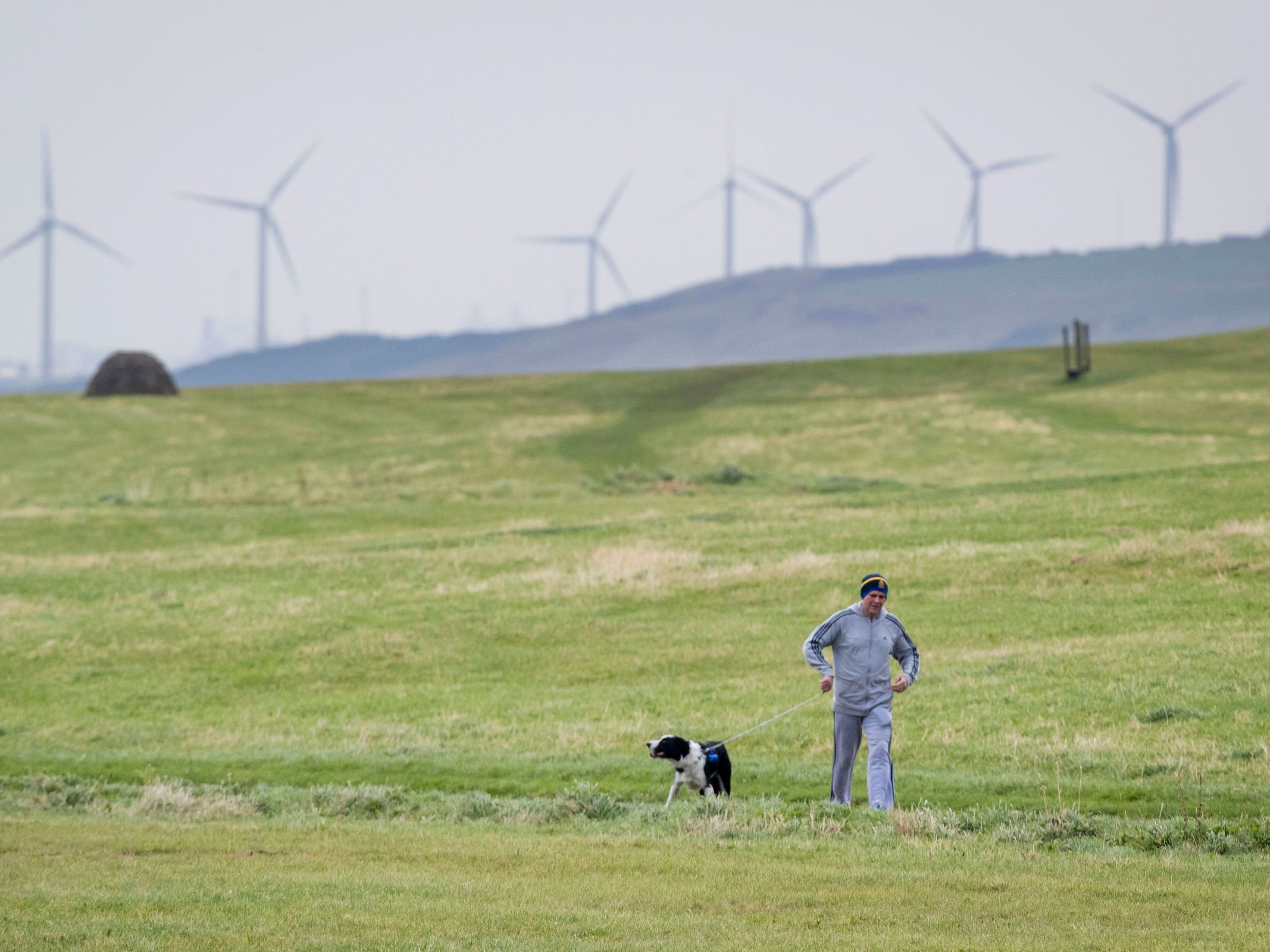The £165m Cumbria coal mine is the wrong kind of levelling up
The plans have been criticised by government advisers and now Nasa’s former top climate scientist has weighed in. James Moore explains why the proposals need to be kicked into the long grass


The controversy over the proposed £165m Woodhouse Colliery near Whitehaven in Cumbria is a graphic example of the government’s willingness to put short-term political and economic gains over long-term pain.
The short-term political gains are diminishing. Nasa’s former top climate scientist James Hansen has added to the headache this development is creating through an open letter to the prime minister making note of the UK hosting the UN’s COP 26 climate conference in Glasgow this year.
“In leading the UK, as host to the Cop, you have a chance to change the course of our climate trajectory – or you can stick with business-almost-as-usual and be vilified in the streets of Glasgow, London and around the world,” he wrote.
“It would be easy to achieve this latter ignominy and humiliation. Just continue with the plan to open a new coal mine in Cumbria…”
Advisers from the government’s Climate Change Committee have also slammed ministers for their failure to call in the development. Lord Deben, its chair, said the decision not to give it further scrutiny gave a “negative impression of the UK’s climate priorities ahead of the COP 26 summit in Glasgow”.
It all threatens to leave a nasty coating of black coal dust over the shine that was being created for the government by the UK’s Covid vaccination programme.
A vociferous band of youthful protestors, who will have to live with the consequences of this sort of development, are only going to add to it.
Johnson has repeatedly said his administration is being “guided by the science” when it comes to the pandemic and yet it is wilfully ignoring it when it comes to the climate crisis. This is largely the result of some bad politics.
The mine has been approved three times by the Cumbria County Council, which is currently run by a Labour-Liberal Democrat Alliance, although the Tories are the biggest party.
It is also backed by local MPs, including Trudy Harrison, Johnson’s parliamentary private secretary, who became the first member of her party to represent the Copeland constituency since the 1930s.
The red wall may have cracked in the region, but for it to stay that way it needs economic development. It needs “levelling-up”.
It’s just that Britain’s first new coal mine in 30 years is precisely the wrong way to go about that and the government knows it.
This explains its attempts to wash its hands of the affair by describing it as “a local planning matter”, a statement that amounts to a steaming pile of environmentally-friendly fertiliser procured from the rear end of a horse.
Ditto the hints that the coking coal that will be produced will be needed for domestic steel production: the vast majority of its output is destined for Europe.
The government has driven a steamroller through the planning rules to give itself the power to intervene when it sees fit. The main aim of this is its desire to overcome objections to the development of new housing.
An example of this can be seen in the way Robert Jenrick, the cabinet minister on whose desk this buck has landed, ordered South Oxfordshire district council to press ahead with proposals for 24,000 new homes. The decision saw him accused of “massive intervention”.
So the government will intervene when it suits. Dismissing the mine’s development as a local matter is, therefore, just so much sophistry at the very time the government needs to establish credibility and trust to ensure the success of said vaccination programme.
There is a way out of this. Call in the development and kick it into the long grass. Then knock on chancellor Rishi Sunak’s door and get him to open up his cheque book to the benefit of the region. It’s a messy solution but not as messy as a dirty great coal mine that gravely threatens a policy area where Johnson and the UK might, for once, have been able to assume some moral leadership.
Join our commenting forum
Join thought-provoking conversations, follow other Independent readers and see their replies
Comments